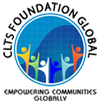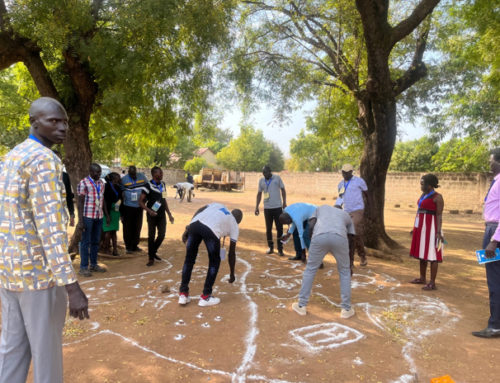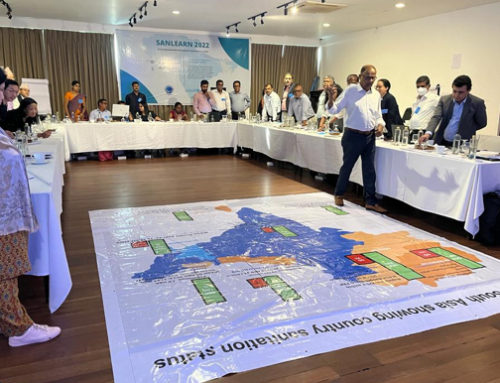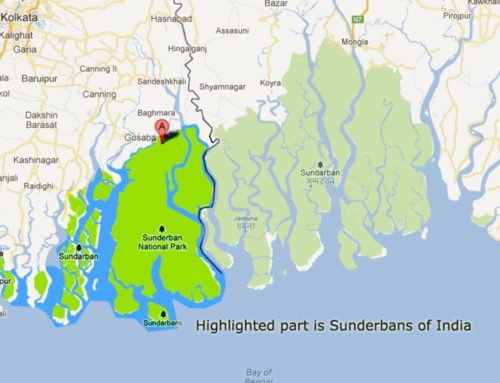 The key priorities of UNICEF Nepal in the Country Programme Action Plan for 2018-2022, included ending open defecation and ensuring equal access to basic sanitation for all children. The main purpose of the UNICEF country programme for Nepal for the period of 2018-2022 is to provide 500,000 people with access to basic sanitation facilities. According to the government administrative data, Nepal had 95.4 % sanitation coverage at the end of 2017, while 45 districts were still due to declare open defecation free (ODF).
The key priorities of UNICEF Nepal in the Country Programme Action Plan for 2018-2022, included ending open defecation and ensuring equal access to basic sanitation for all children. The main purpose of the UNICEF country programme for Nepal for the period of 2018-2022 is to provide 500,000 people with access to basic sanitation facilities. According to the government administrative data, Nepal had 95.4 % sanitation coverage at the end of 2017, while 45 districts were still due to declare open defecation free (ODF).
Though most of Nepal now has access to proper sanitation facilities and most districts have stopped the practice of open defecation, some small clusters are yet to adopt the CLTS approach. Thus, a follow up evaluation visit was organized in the month of April 2022. The evaluation examined the performance of the sanitation programmes through the lenses of human rights, gender and equity.
This assessment was conducted in consortium with UNICEF Nepal and Citizen Development Solution P Ltd Nepal. Around twenty data collectors or enumerators were trained for the purpose of data collection from the field. They went from household to household and gathered information from the locals in the concerned districts. A survey questionnaire was prepared by CLTS Foundation Global and a copy of which was given to each enumerator. The questionnaire consisted of carefully thought-out questions that would make it easier to assess the existing sanitation situation as whole.
 In most other approaches the outsiders lecture and advise the community members on the right approach, whereas CLTS approach empowers them to decide what is good or bad from the perspective of community health and hygiene. The concept of TOTAL (in Community Led Total Sanitation Approach) confirms leaving no one behind including marginalized and vulnerable groups.
In most other approaches the outsiders lecture and advise the community members on the right approach, whereas CLTS approach empowers them to decide what is good or bad from the perspective of community health and hygiene. The concept of TOTAL (in Community Led Total Sanitation Approach) confirms leaving no one behind including marginalized and vulnerable groups.
The purpose of this visit was to contribute to enhance UNICEF’S sanitation programme. The evaluation will bring forward valuable information which will be used to analyse what steps should be taken next. Some objectives of the visit were to evaluate the performance of sanitation programmes thus far, assess and compile the positive lessons learned till now and to provide feasible recommendations for the future.







Leave A Comment